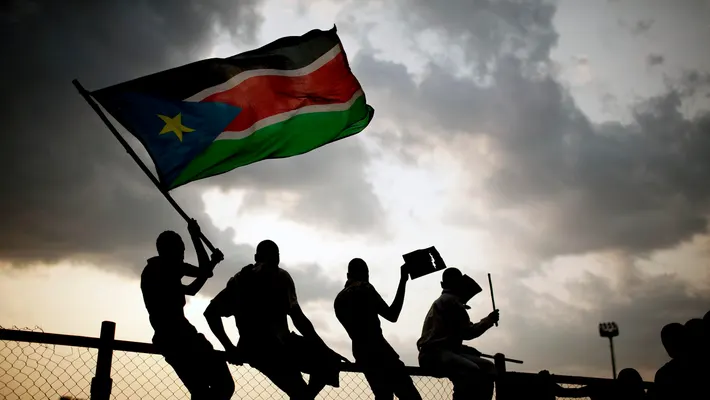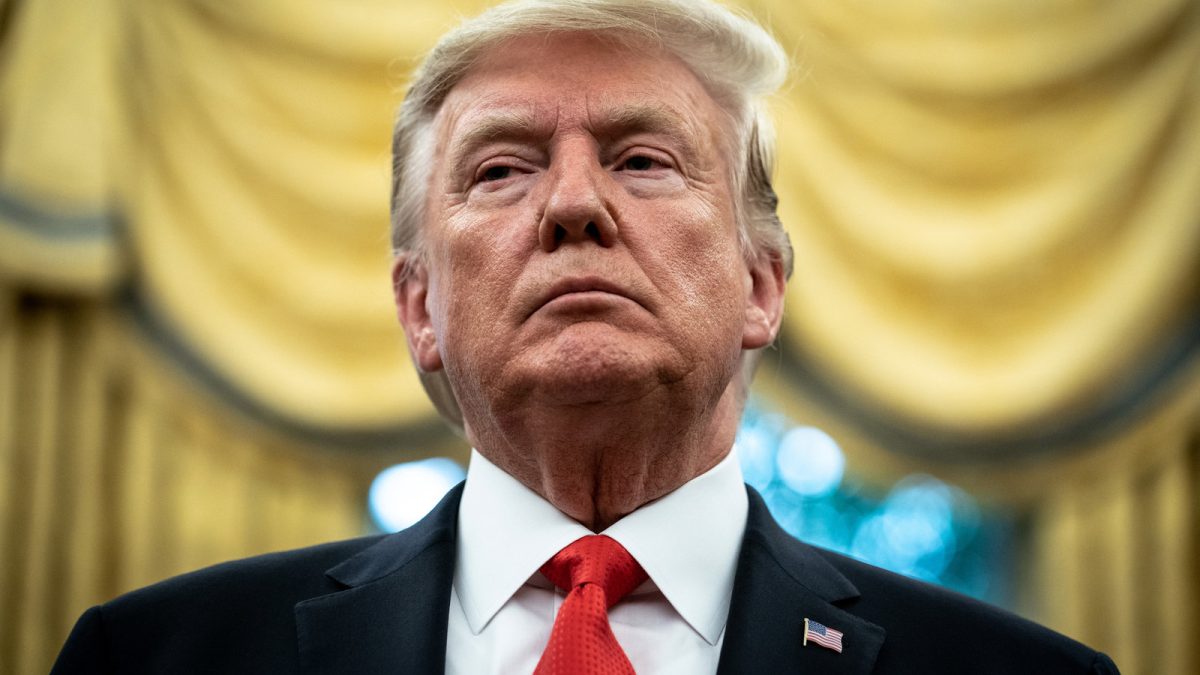The US government has defended its controversial decision to deport a group of migrants—including several Asians—to South Sudan, a country currently grappling with severe internal conflict. Officials indicated that South Sudan is not the migrants’ final destination, but declined to specify where they would ultimately be sent.
Department of Homeland Security spokeswoman Tricia McLaughlin criticised a federal judge in Boston who had temporarily halted the deportations, accusing him of trying to force the US to “bring back these uniquely barbaric monsters.” The judge’s ruling ordered the government to retain custody of migrants slated for removal to South Sudan or any other third world country to ensure they could be returned if the court later ruled the expulsions unlawful.
The deportations come during a broader push by President Donald Trump, who promised to expel millions of undocumented migrants and has accelerated removal efforts since returning to the White House in January. Despite these moves, courts including the Supreme Court have blocked or delayed many of the administration’s deportation plans due to concerns over migrants’ rights.

At a hearing on Wednesday, District Judge Brian Murphy ruled that the government violated a prior order by giving migrants insufficient time to contest their removal. He described the window for challenging deportation as “plainly insufficient.”
The White House identified the eight migrants on the flight as two Myanmar nationals, two Cubans, one Vietnamese, one Laotian, one Mexican, and one South Sudanese, also listing alleged crimes they had committed. McLaughlin said the migrants remain in DHS custody but declined to disclose their final destination for safety and security reasons.
Lawyers for the Vietnamese and Myanmar nationals argued that their clients only learned about their deportation at the last minute, violating court orders intended to give migrants the chance to seek protection under the UN Convention against Torture. This legal protection was a key factor in a previous ruling that temporarily blocked deportations to Libya earlier this month, with the court requiring sufficient time for such claims to be filed.


 Trending
Trending 